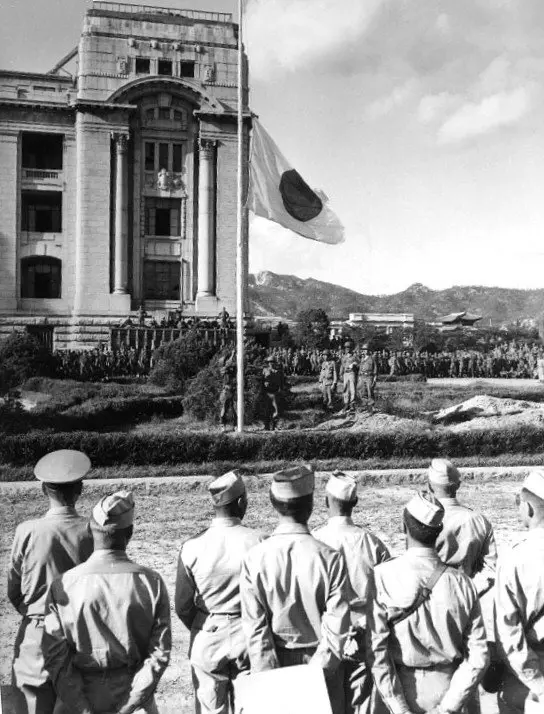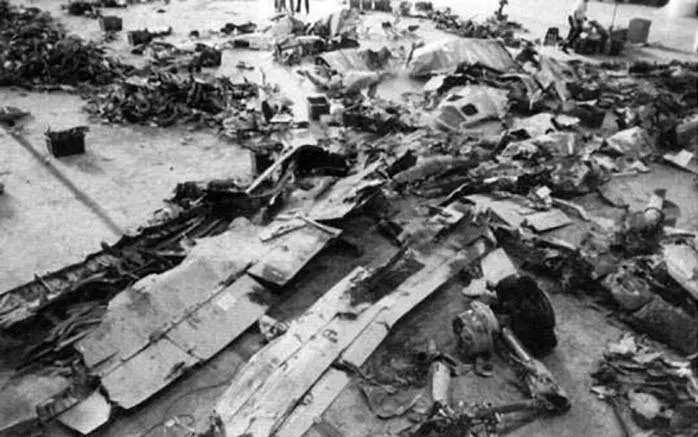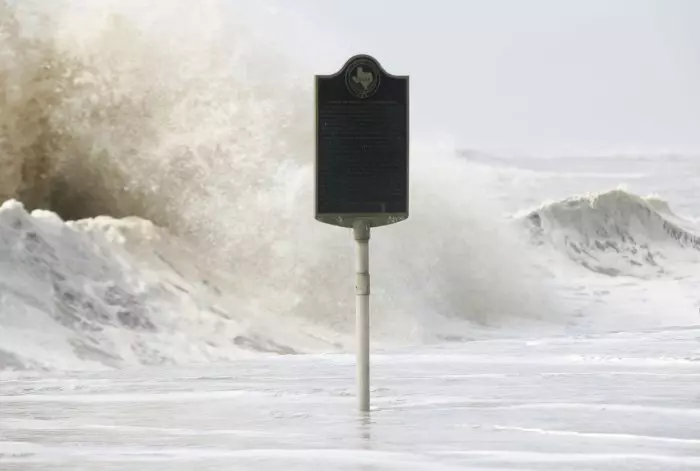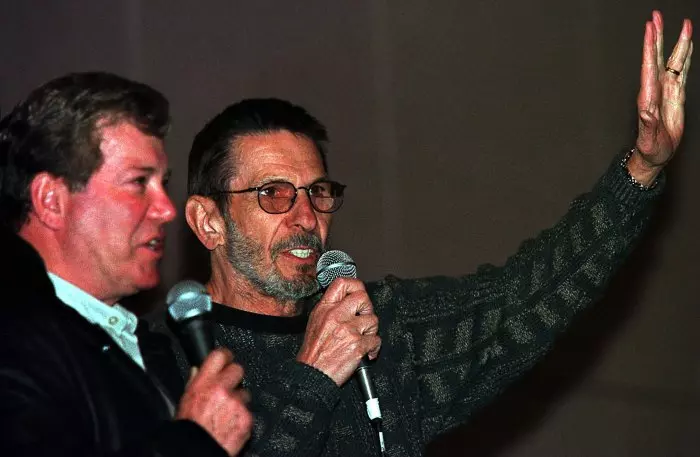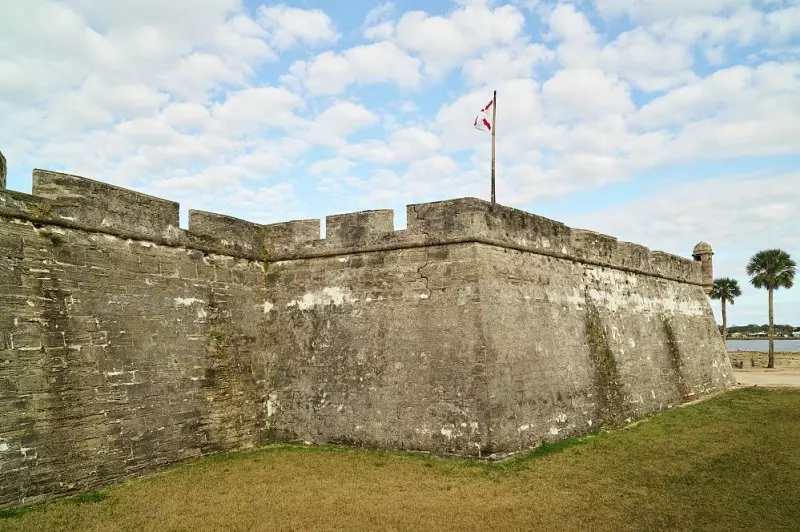

On This Day: Spain founds St. Augustine, Fla.
On Sept. 8, 1565, the Spanish founded the first continuously inhabited European settlement in what is now the continental United States on the site of the present St. Augustine, Fla.

The Castillo de San Marcos (St. Mark’s Castle) in St. Augustine, Florida. The structure is the nation’s largest and oldest masonry fort, constructed beginning in 1672. Founded September 8, 1565, by Spanish Adm. Pedro Menéndez de Avilés, the city is the oldest continuously inhabited settlement in the continental United States. File Photo courtesy of the Library of Congress UPI House Republican leader Gerald Ford (R) acknowledges applause after President Richard Nixon tapped him to be vice president of the United Stated on October 12, 1973. On September 8, 1974, then-President Ford granted former President Nixon, who had resigned a month earlier in the wake of the Watergate scandal, a full pardon for any offenses he may have committed during his years in office. UPI File Photo UPI Japanese forces surrender to U.S. troops in Seoul on September 9, 1945, one day after U.S. forces arrived in southern Korea. File Photo courtesy of the U.S. Navy UPI The recovered wreckage from USAir Flight 427, which crashed in Pittsburgh on September 8, 1994. File Photo courtesy of the Federal Aviation Administration UPI
Sept. 8 (UPI) -- On this date in history:
In 1565, the Spanish founded the first continuously inhabited European settlement in what is now the continental United States on the site of the present St. Augustine, Fla.
In 1900, more than 6,000 people were killed when a hurricane and tidal wave struck Galveston, Texas.
In 1935, an assassin shot U.S. Sen. Huey P. Long at the Capitol in Baton Rouge, La. Long died two days later. His close friend, James O'Conner, Louisiana public service commission, recounted to United Press how the senator collapsed in his arms after the shooting.
...
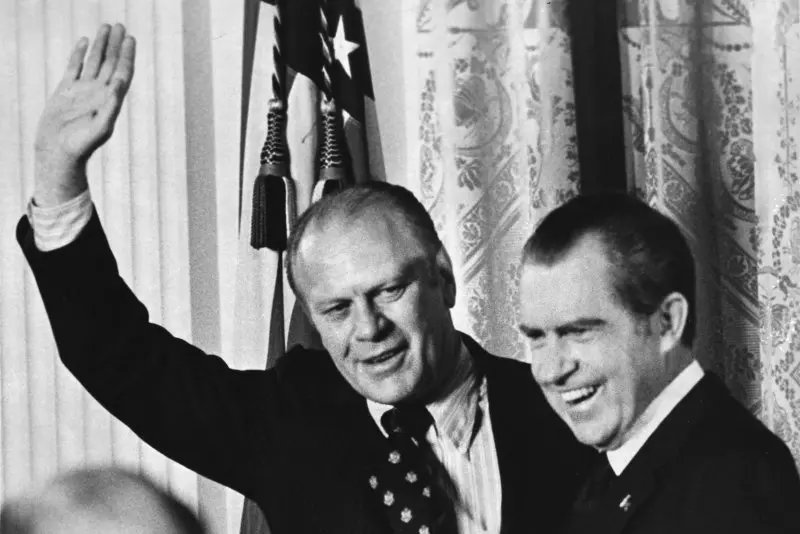
In 1941, the Siege of Leningrad -- the Russian city now known as St. Petersburg -- began. The Germany army held the blockade for more than two years during World War II, resulting in the deaths of about 1 million civilians and Soviet troops.
In 1943, U.S. Gen. Dwight Eisenhower announced that Italy surrendered to the Allied forces after the fall of fascist leader Benito Mussolini.
In 1945, U.S. troops arrived in southern Korea after Soviet troops occupied the north. The occupations, initially thought to be temporary, eventually resulted in the Korean War and separate states.
In 1966, Star Trek premiered on NBC-TV.
In 1974, U.S. President Gerald Ford granted former President Richard Nixon, who had resigned a month earlier in the wake of the Watergate scandal, a full pardon for any offenses he may have committed during his years in office.
In 1994, a USAir Boeing 737 (Flight 427) suddenly rolled to the left, spiraled out of control and fell 6,000 feet in a crash near Pittsburgh that killed 132 people. A problem with the plane's rudder control system was eventually cited as the probable cause of the disaster.
In 2018, Naomi Osaka became the first Japanese woman to win a Grand Slam in her 6-2, 6-4 defeat of American Serena Williams at the U.S. Open.
In 2021, a 12-ton statue of Confederate Gen. Robert E. Lee was taken down and cut to pieces in Richmond, Va.
In 2022, Queen Elizabeth III, the longest-serving monarch in British history, died at her Balmoral estate in Scotland at the age of 96. Her eldest son ascended the throne as King Charles III.
In 2024, a fuel tanker collided with another truck in Nigeria, killing dozens of people.
